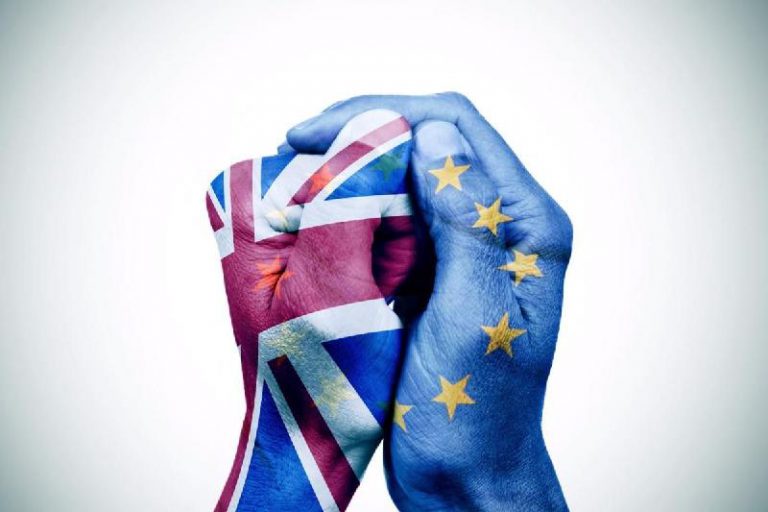UK Economy Remains Stable in Brexit Aftermath
The Office for National Statistics (ONS) has reported that the UK economy has yet to suffer the anticipated decline as a result of the UK’s decision to leave the EU.
Despite warnings of an economic collapse due to the Brexit vote, Britain’s economic performance over the summer has remained stable in both the manufacturing and construction sectors, whilst retail sales fell 0.2% in August after a 1.9% surge in July. The ONS reports that “There are no signs of a sharp collapse in consumer confidence as some early fears had suggested”.
The figures released by the ONS do not include the service sector, which are due to be released on September 30th. The service sector makes up three-quarters of the UK economy, and has been displaying mixed signals in terms of performance in recent months. A survey by IHS Markit suggested that the service sector was following similar trends to the manufacturing sector, however the Institute of Public Policy Research (IPPR) revealed that job vacancies within the service sector declined 10% across July and August.
The IPPR noted that concerns over passporting, which is the ability for firms to operate across the EU without the need for licenses in each individual country, and fears over Britain leaving the single market had led to the sharp drop, highlighted by a 13.6% drop in service sector vacancies in London.
The stability of the UK economy has been reflected in the announcement that the UK Government borrowing fell in August, down to £10.5 billion, £0.9 billion lower than last year. However, a number of industry experts believe that this shorter-term stability is masking longer-term uncertainty.
The Chief Economist of the ONS Joe Grice stated “The referendum result appears, so far, not to have had a major effect.”
“(The UK economy) hasn’t fallen at the first fence but longer-term effects remain to be seen” Grice added.
Rob Kapito, co-founder and President of Blackrock, which manages $5 trillion of clients funds, stated that Brexit had “unintended consequences” and that “any good firm is making contingency plans in case it needs to leave the UK in order to continue to trade”.
Scott Bowman, UK economist at Capital Economics added “The effect of the apparent slowdown in GDP growth since the vote will instead hit the public finances in the coming months”.
The release of the performance figures for the service sector on September 30th could provide the biggest insight so far into the impact of the Brexit vote on the UK economy.
If you would like to find out more, please contact us, or alternatively schedule a free, no obligation, consultation, with one of our Financial Advisors here.
Disclaimer: Any information or related news item displayed on this site is believed to be factual and up-to-date, but we do not guarantee its accuracy and it should not be regarded as a complete analysis of the subjects discussed or as advice in anyway and all users should seek independent advice before relying on any information or comment expressed within the site. All expressions of opinion reflect the views of their respective authors as of the date of publication and are subject to change. Use of Links (hyperlinks) to or from other internet sites may be included at times for the convenience of the user. Synergi Europe and its affiliates assume no responsibility for the content of any linked site. The fact that such links may exist does not indicate approval or endorsement of any material contained on any linked site.






